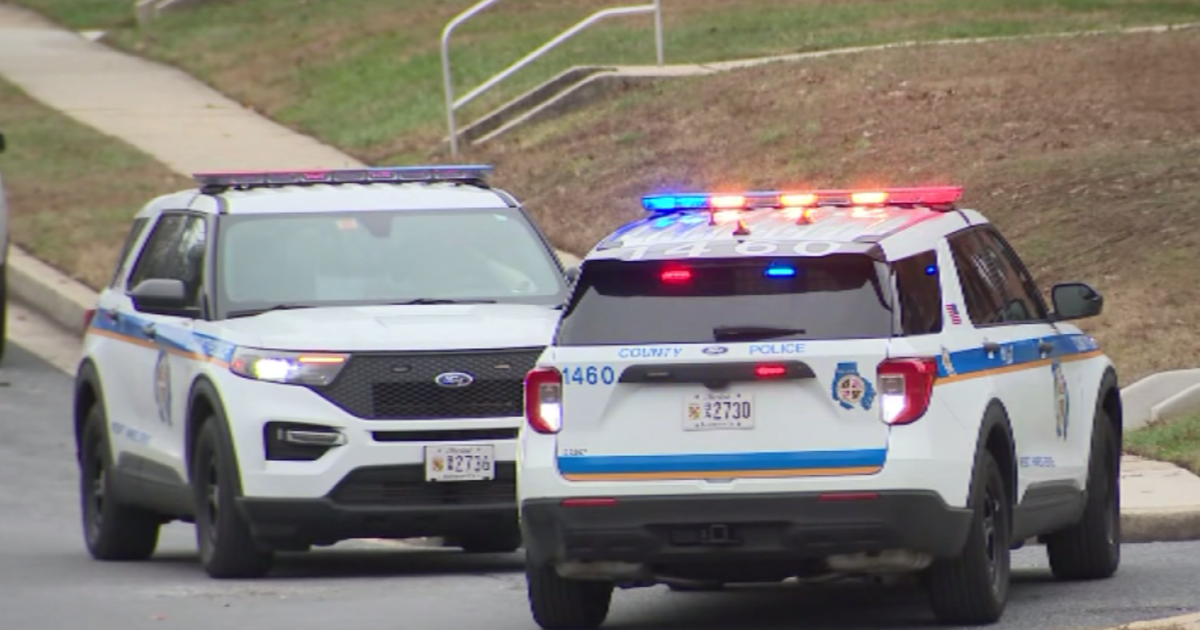Millions earmarked for vaccine research was misappropriated, watchdog says
Millions of dollars intended for vaccine research and public health emergencies were for years misused by the Department of Health and Human Services, according to a new report from independent watchdog group U.S. Office of Special Counsel.
An anonymous whistleblower sparked an investigation into HHS' Office of the Assistant Secretary for Preparedness and Response's, (ASPR) use of funds intended for the Biomedical Advanced Research and Development Authority (BARDA). Investigators found that the agency in charge of preparedness so routinely misused the other's funds that it was nicknamed the "Bank of BARDA" by top officials.
The whistleblower alleged that the preparedness and response agency "misappropriated millions of dollars in funds that Congress intended for ... (the biomedical agency) to use in responding to public health emergencies like Ebola, Zika, and other outbreaks," reads the report. The funds were earmarked for Project Bioshield, a "stockpile of vaccines used as medical countermeasures to biological, chemical, radiological, and nuclear agents."
"I am deeply concerned about ASPR's apparent misuse of millions of dollars in funding meant for public health emergencies like the one our country is currently facing with the COVID-19 pandemic," said special counsel Henry J. Kerner in a press release announcing the report's findings. "Equally concerning is how widespread and well-known this practice appeared to be for nearly a decade... I urge Congress and HHS to take immediate actions to ensure funding for public health emergencies can no longer be used as a slush-fund for unrelated expenses."
According to the whistleblower, the misappropriation of funds began in 2010 under Dr. Nicole Lurie, who served at the helm of the Office of Assistant Secretary for Preparedness and Response from 2009 to the end of former President Obama's second term. Lurie allegedly directed Bioshield funds to other preparedness programs outside of the biomedical agency and reported "false information to Congress in ASPR's monthly reports to Congress."
Currently a consultant to the World Bank and the Coalition for Epidemic Preparedness Initiatives, Lurie told The Washington Post that "all expenditures were done in a routine way." She added that both agencies "had a shared mission and used common resources."
The whistleblower acknowledged that both agencies "share certain administrative expenses, like building rent," but said "the estimated misappropriations exclude any of these legitimately shared expenses."
The Special Counsel investigation "substantiated many of the allegations," including the overarching allegation "that since at least fiscal year (FY) 2010, the Office of Assistant Secretary for Preparedness and Response (ASPR) misused funds appropriated for BARDA and failed to accurately report this mismanagement to Congress."
Evidence showed that "ASPR used BARDA's research funds to pay for myriad unrelated expenses, including the removal of office furniture, administrative expenses, news subscriptions, legal services, and the salaries of personnel who did not work for BARDA," reads the release.
According to the whistleblower, the misuse of funds was enabled by Lurie's decision to move the contract office, which processed information requests regarding the biomedical agency's Congressional funding, from that agency to the preparedness agency. The move meant that "any request for information to BARDA would most likely prove fruitless since all information requests for Congressional funding to BARDA... come through ASPR and the Contract Office within ASPR," reads the report. The whistleblower also noted that office's chief operating officer at the time "worked directly for Dr. Lurie."
They said that they were not aware "of any regular or routine audits of BARDA," and to the best of their knowledge, monthly reports to Congress on Project Bioshield ceased in 2015.
The special counsel was unable to determine that the biomedical agency's funds were used "for their appropriated purposes," but wrote that "there was no indication that the expenditures were at all related to BARDA."
The special counsel found that from 2007 to 2016, the preparedness agency "failed to account for $517.8 million in administrative expenditures; and, as recently as 2019, approximately $25 million was taken from biomedical agency and improperly provided to the preparedness agency. But, without "adequately supported expenditures" from the preparedness and response agency, the special counsel could not place a total price tag on the misappropriation.
"A necessary expense justification, with ASPR claiming that the non-BARDA expenditures are reasonably related to the accomplishment of the purposes stated in the BARDA appropriation, would likely fail," reads the report.
The Department of Health and Human Services has now launched an internal review of the agency's use of advanced research and development funds from 2015 through 2019 "to identify potential Antideficiency Act violations," and hired an outside accounting firm to audit the agency's use of those funds. Both are expected by summer 2021.



